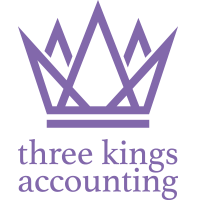Cash accounting enables a business to account for and pay VAT on the basis of cash received and paid rather than on the basis of invoices issued and received.
Advantages and Disadvantages of the Scheme
The advantages of the scheme are as follows.
- Output tax is not due until the business receives payment of its sales invoices. If customers pay promptly, the advantage will be limited. Even so, the gain may be material.
- There is automatic bad debt relief because, if no payment is received, no output tax is due.
- Most businesses find it easier to think in terms of cash flows in and out of their business than invoiced amounts.
The potential disadvantages are as follows.
- There is no input tax recovery until payment of suppliers’ invoices.
- The scheme will not be beneficial for net repayment businesses – for example, a business just starting up, which has substantial initial expenditure on equipment, stocks etc so that input tax exceeds the output tax, should delay starting to use the scheme. That way, it recovers the initial input tax on the basis of input invoices as opposed to payments.
Key Rules
A business can join the scheme if it has reasonable grounds for believing that taxable turnover in the next 12 months will not exceed £1,350,000 provided that it:
- is up to date with VAT returns
- has paid over all VAT due or agreed a basis for settling any outstanding amount in instalments
- has not in the previous year been convicted of any VAT offences.
All standard and zero-rated supplies count towards the £1,350,000 except anticipated sales of capital assets previously used within the business. Exempt supplies are excluded.
When a business joins the scheme, it must be careful not to account again for VAT on any amounts already dealt with previously on the basis of invoices issued and received.
A business can start using the scheme without informing HMRC. It does not cover:
- goods bought or sold under lease or hire-purchase agreements
- goods bought or sold under credit sale or conditional sale agreements
- supplies invoiced where full payment is not due within six months
- supplies invoiced in advance of delivering the goods or performing the services.
Once annual turnover reaches £1,600,000 the business must leave the scheme immediately.
On leaving the scheme, VAT is due on all supplies on which it has not already been accounted for. However outstanding VAT can be accounted for on a cash basis for a further six months after leaving the scheme.
Accounting for VAT
Output tax must be accounted for when payment is received.
Cheque
Treated as received on the date the cheque is received or if later the date on the cheque. If the cheque is not honoured an adjustment can be made.
Credit/debit card
Treated as received/paid on the date of the sales voucher.
Standing order/direct debits
Treated as received/paid on the day the bank account is credited.
Part payments
VAT must be accounted for on all receipts/payments even where they are part payments. Part payments are allocated to invoices in date order (earliest first) and any part payment of an invoice allocated to VAT by making a fair and reasonable apportionment.
Records
Under the cash accounting scheme the prime record will be a cash book summarising all payments made and received with a separate column for VAT. The payments need to be clearly cross-referenced to the appropriate purchase/sales invoice.
In addition the normal requirements regarding copies of VAT invoices and evidence of input tax apply.
How we can help
We can advise on whether the cash accounting scheme would be suitable for your business.


